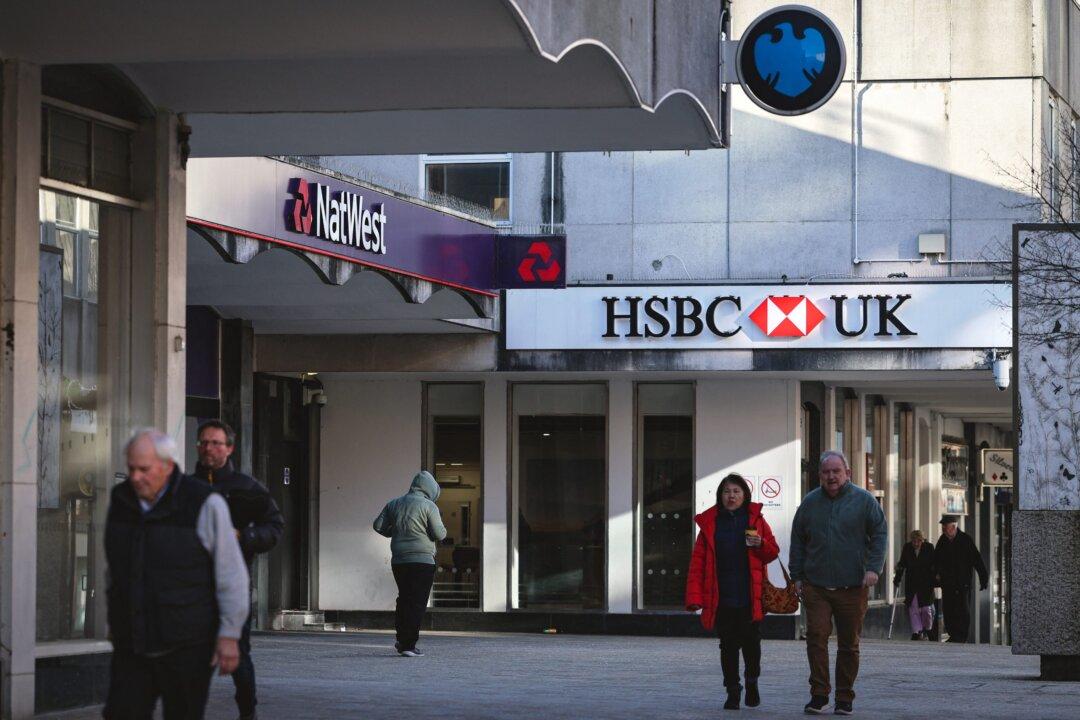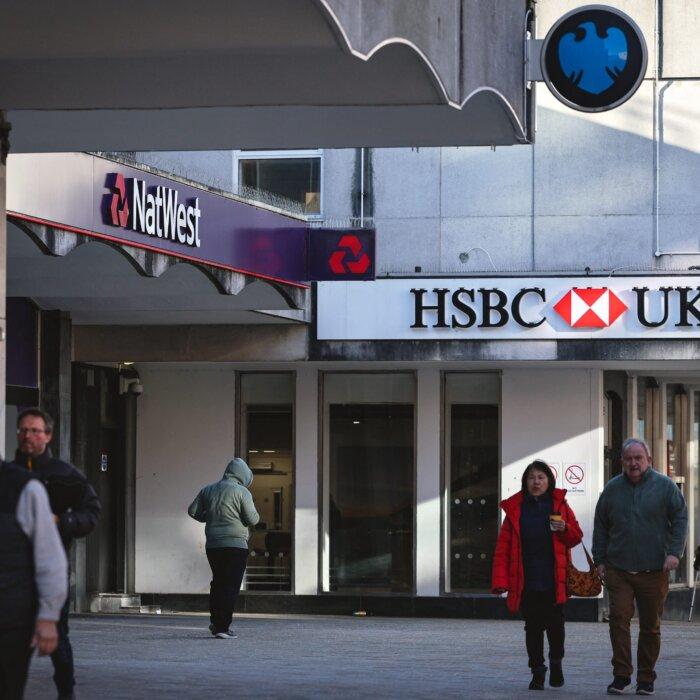The financial ombudsman saw a “surge” in debanking complaints last year, including a sharp increase in small to medium businesses (SMEs) complaining about account closures.
The Treasury Select Committee published data on Sunday showing that the Financial Ombudsman Service (FOS) had received 3,858 complaints regarding debanking in 2023/2024. This represented an increase of 44 percent on 2022/2023 and a rise of 69 percent since 2020/2021.
This includes an 81 percent increase in debanking complaints made by businesses, with 666 objections made last year compared to 367 in 2022/2023.
Data also showed an increase in the proportion of complaints the FOS upheld, with 36 percent of rulings being in favour of the complainant last year, compared to 27 percent or below in each of the previous three fiscal years.
Debanking Emerged as ‘Key Issue’
The Treasury Committee had been looking at the issue of account closures in relation to its inquiry into whether SMEs have proper access to financial services. In its statement published on Sunday, it described the increase in complaints as a “surge.”Committee chairwoman Dame Harriett Baldwin said: “When we set out on our inquiry into financing for small and medium-sized businesses, we weren’t necessarily expecting de-banking to emerge as a key issue.
“But as they say, you must go where the evidence takes you—and it’s clear there is evidence that some legally operating businesses are being unfairly de-banked.”
Dame Harriett added, “Banks should be doing all they can to support small business in this country, not pulling the rug out from beneath them with little warning.”
The FOS also shared data with the committee on the number of complaints related to “restricted account closures.” These are cases where there are concerns over financial crimes or laundering or where the complaint involved a politically exposed person—an individual who, because of their prominent position or influence, is considered more susceptible to being involved in corruption or bribery.
Since 2020/2021, the number of complaints related to restricted account closures has almost tripled.
Not All Closures Related to ‘Sensitive’ Issues
In her letter to Dame Harriett, Ms. Thomas said that not all account closures were related to financial crime or other sensitive issues.“Many cases we see stem from closures due to account inactivity, incomplete information in standard checks, or the bank’s own commercial reasons,” the FOS chief said.
Ms. Thomas noted that before customers can bring their complaints to the FOS, they first must bring the issue to their banks to give the lenders an opportunity to resolve it.
Given that banks are “typically able to resolve the issue to the customer’s satisfaction,” she said that the FOS believes “only a small proportion of the complaints customers raise with their banks are then referred to us.”
The FOS said last year it resolved 467 account closure complaints from business customers.
Banks Treating Customers ‘With Contempt’
The issue of debanking came to prominence in June 2023 when Coutts, a private bank that is part of the NatWest group, closed the account of former politician and GB News host Nigel Farage, who had been banking with the lender for 40 years.Responding to the reports of the surge in debanking complaints, Mr. Farage told The Telegraph on Sunday, “The increased number of complaints are a symptom of a banking industry that increasingly treats its customers with contempt.”
On Mr. Farage’s case, the firm said the decision to close the accounts was predominantly “commercial.”







